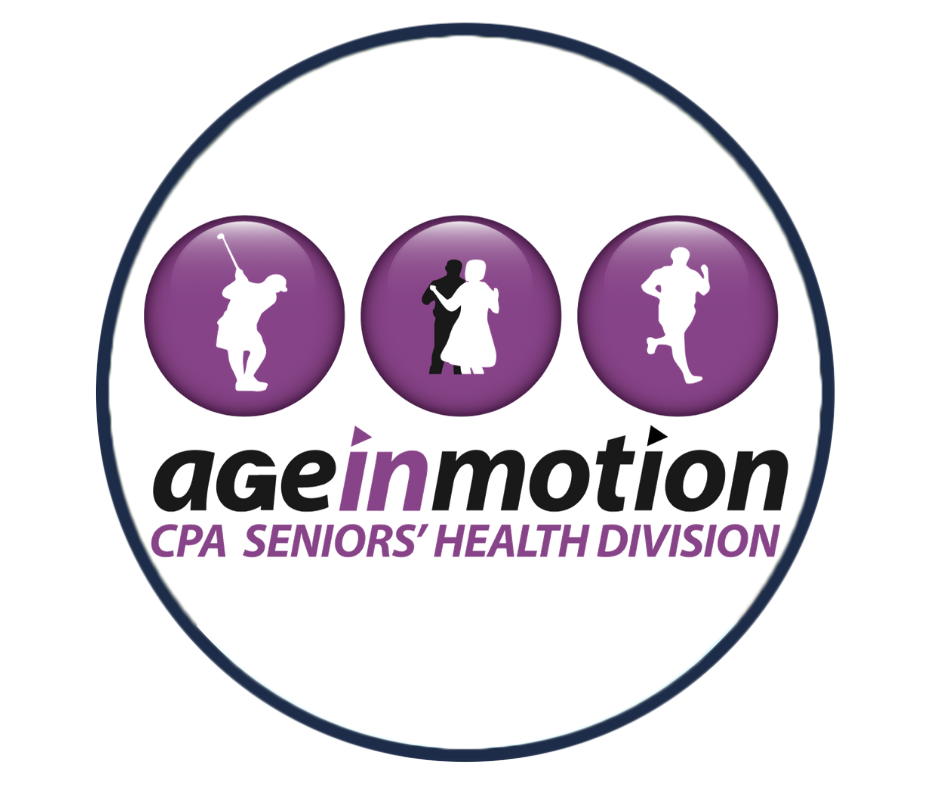Physiotherapy Management of Postural Instability - Part Two

Physiotherapy Management of Postural Instability - Part Two
This course includes
Overview
Physiotherapy has a very prominent role to play in the assessment and treatment of balance problems and fall prevention strategies. Older adults also represent a growing demographic for physiotherapy care across settings of practice
This online course will be presented in 2 sessions. They will cover the assessment and treatment of balance problems in older adults. These sessions will provide evidence-informed best practices covering:
- Balance and control systems for postural stability;
- changes with aging that affect balance;
- Assessment of postural stability – choosing clinical balance tests; and
- Interventions to improve postural stability.
You can find the recording of part one of this series in this on-demand course on Embodia Academy.
Presenter: Dr. Susan Hunter

Dr. Susan Hunter PT PhD is an Associate Professor in the School of Physical Therapy, Faculty of Health Sciences at the University of Western Ontario in Canada. She is a Physical Therapist with 32 years of clinical experience and has a PhD in Epidemiology and Biostatistics, both from the University of Western Ontario. Dr. Hunter’s research interests are the rehabilitation of geriatric patients, particularly the cognitively-impaired older adult, and their experience of falls, frailty and mobility decline. She also has special interest in fall prevention among patient populations of lower extremity amputees, lower extremity joint arthroplasty and Alzheimer’s disease.
Dr. Hunter was a member of the Steering Committee for the World Guidelines and co-lead for the World Guidelines Working Group on Cognition and Falls. She was also on the international panel of rehabilitation experts in dementia working on the WHO’s Rehabilitation Program on Rehabilitation Interventions for People with Dementia published in 2023. She is the past Vice-President of the International Association of Physical Therapists Working with Older People (IPTOP) and former Chair and Executive Committee member of the Canadian Physiotherapy Association Seniors’ Health Division.
The instructors


The Seniors’ Health Division (SHD) is a special interest group within the Canadian Physiotherapy Association. SHD is committed to providing members with services related to older adult health and physiotherapy practice.
It is comprised of physiotherapists from across Canada who work with older adults in a variety of practice settings, including acute geriatric care, geriatric rehabilitative and restorative units, long term care settings, community based and home care settings.
SHD is a member of The International Association of Physical Therapists working with Older Persons.
Vision of the Seniors' Health Division: Older Canadians are moving, moving more and moving better with the help of physiotherapists.
Mission of the Seniors' Health Division: To support our members in providing excellent physiotherapy care to optimize the independence and quality of life of older adults.
Material included in this course
-
Physiotherapy Management of Postural Instability - Part Two
-
Welcome!
-
Part 1 Recap
-
Therapeutic Exercise for Postural Stability
-
Concern for Falling
-
Interventions to Improve Postural Stability
-
Otago Exercise Program to Prevent Falls in Older Adults
-
Summary
-
Questions
-
Feedback
I'm a member of the Canadian Physiotherapy Association (CPA). What are the discounts available to CPA Members on Embodia?
As part of our partnership with the CPA, we offer its members discounts on courses and Embodia Memberships. Learn more about the partnership on this page.
In order for the discount to be applied, you first need to authenticate your CPA membership. This is an important step as this is how Embodia 'knows' that you are a CPA member.
To authenticate as a CPA member, you need to sign in the CPA portal on this page, sign in to your CPA account, and then click the button on the page.
Please note that your email address on your CPA account must match your email address on Embodia. If needed, you can update your information on Embodia as outlined in this guide.

Is a certificate of completion included with this course?
Once you have completed the course, a certificate of completion (including learning hours and course information) will be generated. You can download this certificate at any time. To learn more about course certificates on Embodia please visit this guide.
This can be used for continuing education credits, depending on your professional college or association. If this course has been approved for CEUs in specific jurisdictions, it will be noted on the course page and CEU information may be added to your course certificate. Please read this guide for more information.